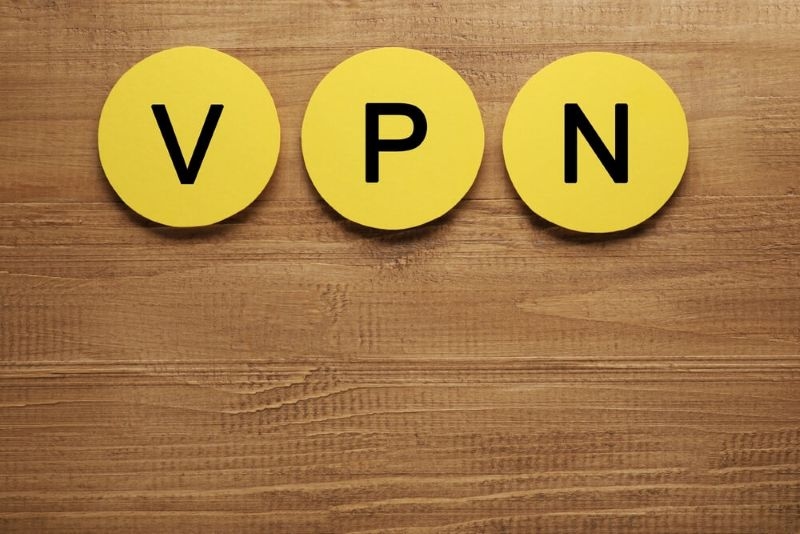Understanding Infidelity in Gay Relationships: Quick Guide

Infidelity in relationships is a profound breach of trust that can destabilize even the strongest of bonds. In gay partnerships, the emotional aftermath of cheating is compounded by unique societal pressures, making the path to healing particularly challenging. This exploration delves into the emotional landscape that follows infidelity, highlighting the complexities and paving the way for recovery.
Why Infidelity Occurs in Gay Relationships
The reasons behind infidelity are multifaceted and often intertwined. Among the most common are dissatisfaction within the relationship, unfulfilled desires, and personality traits such as impulsiveness.
However, in gay relationships, additional layers of complexity arise. LGBTQ+ individuals face distinct pressures, including discrimination, family rejection, and internalized homophobia, which can negatively impact self-esteem and contribute to mental health challenges. These factors, combined with the potential excitement over newfound freedoms and romantic possibilities, can make fidelity a more complex issue.
Recognizing the Signs of an Unfaithful Partner

Identifying a cheating partner requires attentiveness to subtle changes in behavior. These signs may include alterations in communication patterns, such as a partner becoming distant or defensive about the relationship. Changes in routine, like unexpected late nights at work or unexplained absences, can also be red flags.
Additionally, a sudden focus on appearance diminished sexual interest towards you, and secretive technology use are indicators that should not be ignored. While none of these signs conclusively prove infidelity, a combination of them could suggest underlying issues. Understanding the role of depression & sexual orientation can shed light on behavior changes, emphasizing the need for sensitive, tailored support.
Dealing with the Aftermath of Infidelity
Discovering a partner's infidelity triggers an emotional storm, ranging from anger and sadness to confusion and isolation. Navigating this period requires patience and self-compassion. Connecting with supportive friends and family can provide much-needed reassurance. Seeking the assistance of an LGBTQ+-affirming therapist can also be invaluable in processing emotions and starting the healing process. Self-care is crucial; it's important to remember that the betrayal is not a reflection of your worth. For those considering reconciliation, open and honest communication is essential for rebuilding trust. However, it's also important to give yourself space and time to heal, avoiding hasty decisions about the future of the relationship.
The journey through the aftermath of infidelity is deeply personal and varies significantly from one individual to another. While some relationships may not survive the breach of trust, others emerge stronger, fortified by improved communication and a renewed commitment to each other. The process of healing and rebuilding trust is gradual and requires the efforts of both partners.
In navigating the aftermath of infidelity, the focus should be on understanding, healing, and deciding the best path forward for all involved. Whether the decision is to part ways or to rebuild the relationship, the journey towards healing is a testament to the resilience of the human spirit and the capacity for growth and forgiveness. Addressing mental health disparities is crucial in supporting individuals on their healing journey, fostering a more inclusive path to recovery.
Deciding Whether to Stay or Leave
In the aftermath of infidelity, one of the most agonizing decisions is whether to stay in the relationship or part ways. This decision is deeply personal and requires careful consideration of several factors. Critical questions to reflect upon include the nature of the affair, the underlying reasons for the infidelity, the level of remorse shown by the unfaithful partner, and the willingness of both parties to engage in open, honest communication.
Additionally, evaluating the overall health of the relationship prior to the affair and the mutual commitment to work through the issues is essential. Counseling plays a pivotal role in this process, offering a safe space for both partners to express their feelings and work towards understanding and resolution.
Preventing Future Infidelity
The betrayal of infidelity leaves a lasting impact, but it also provides an opportunity to strengthen future relationships. Effective strategies to prevent future infidelity include maintaining open and frequent communication, setting clear boundaries, and addressing relationship issues proactively.
It's crucial to express needs and listen attentively to your partner's needs, ensuring that both parties feel heard and valued. Making quality time for each other and seeking couples counseling before problems escalate can also fortify the relationship against potential threats.
The Role of Couples and Individual Counseling
Therapy offers invaluable support for those affected by infidelity, whether they choose to stay together or go their separate ways. Couples counseling facilitates a deeper understanding between partners, helping them navigate the complex emotions and issues that arise from the affair.
It can aid in rebuilding trust, improving communication, and deciding on the future of the relationship. For individuals, counseling provides a space to process feelings of betrayal, grief, and anger, while also focusing on personal growth and healing. This support is crucial for moving forward, whether within the relationship or on one's own.
You may also like: Empowerment Through a Gay Therapist and Counsellor
Conclusion
Experiencing infidelity is undoubtedly one of the most challenging trials in a relationship. However, it can also serve as a catalyst for growth and empowerment. For those who choose to rebuild their relationship, the journey requires patience, forgiveness, and a commitment to open dialogue.
For others, it may mean embarking on a path of personal discovery and healing. Regardless of the outcome, the experience of overcoming infidelity can lead to stronger, healthier relationships in the future. The key is to approach the situation with honesty, compassion, and a willingness to learn from the experience, fostering a foundation for trust and mutual respect moving forward.
This content was created by AI























